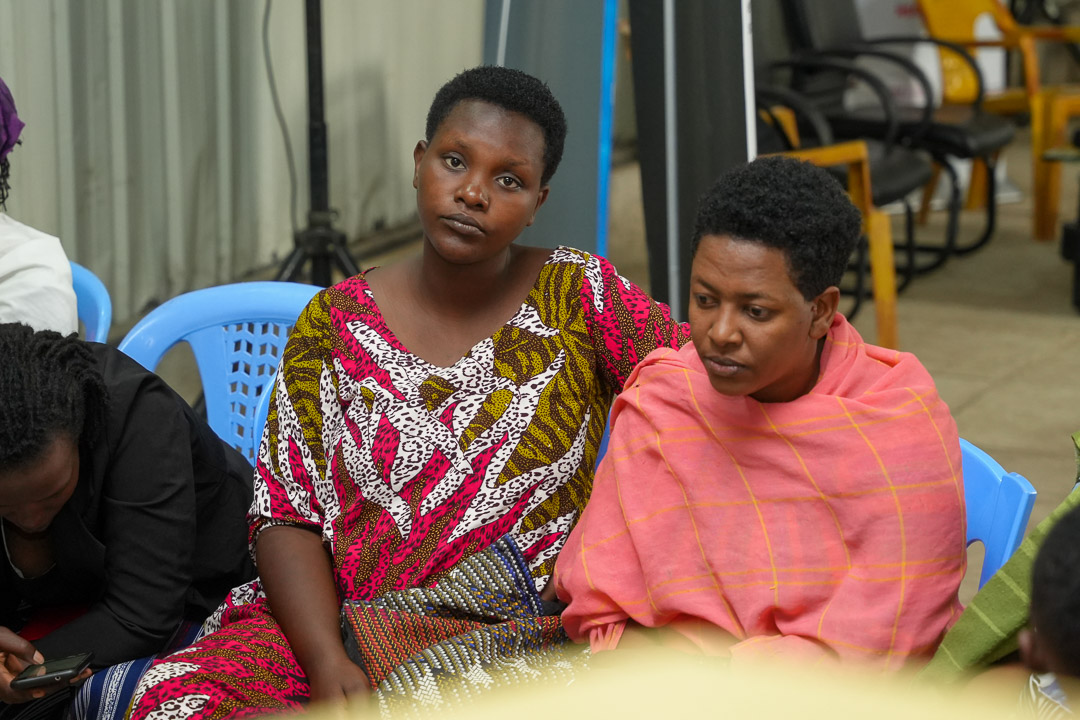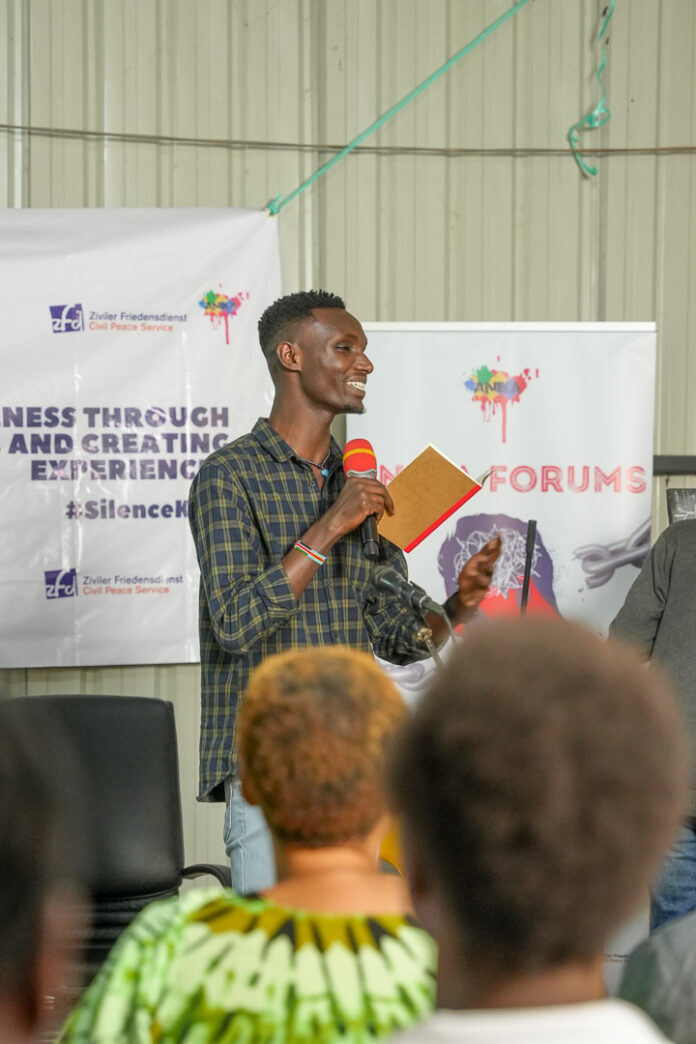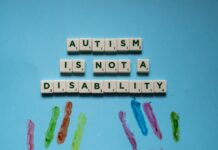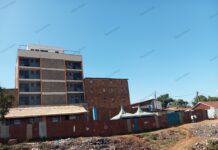By Njeri Kimani
Nairobi, Kenya: Victor Musirimu, the representative of refugees from Githurai, escaped from the warring Democratic Republic of Congo(DRC) in 2008 and landed in Kenya in 2009. He explained skepticism about some of his relatives being alive in the war-torn country, judging from his experience in the whole journey to safety.
“Very few people are left because of the war in south Kivu. I remember we ran from Mvira, then to Bukavu, Boma, and finally to Uganda. When we were there Ugandans came together and sponsored our trip to the Lunga Lunga border where we then went to the United Nations Camp,” he added.
Musirimu points out to challenges that they faced when they landed in the country, including no stable source of income. However, the lack of documentation is a challenge that grows every day. Some of the key documents, including a national identity card, the Kenya Revenue Authority account, and a bank account hinder their ability to earn any kind of work,” he added.

This, he cited, has led to serious exploitation of the urban refugees, many being denied their wages and stolen from by their employers.
“Even the ones who attempt business like hawking watermelons have found themselves victims of rape, especially when they go to sell to constructions site. The worst bit is that they do not know how to report the case, especially since they cannot pinpoint the actual rapist. Many have ended up with Sexually transmitted infections and unwanted pregnancies, which bring the new challenge of documentation for birth certificates,” he added.
He last saw his two brothers when they were on the run and has no idea what happened to them. He relies on word of mouth for people to give them updates, and now people are not sharing what happened.
He cannot go to look for them as it is too risky as M23 rebels are still in operation in most spaces in the country.
Robbin Nyakundi, the CEO of Anika Initiative, admits that most of the refugees that they engage in often find themselves on the other side of the war.
“The emotional implication of the family separation on refugees is often neglected. It especially makes it hard for them to access family bonds and relationships. The divide often leads to untold mental trauma as the fate of their loved ones remains unknown,” he added.
Mr. Nyakundi points out that they often receive requests from them to access mental health services, hence the need to have engagements like the community dialogues at Kayole, Kawangware, Kasarani, and Kitengela. This has helped them get a space to breathe out and get professional help.
The dialogues are in partnership with GIZ, Mental 360, and Anika Initiative, and target more than 800 refugees.
“We also involve the host communities so that they can understand the issues the refugees are going through, and be more receptive to them. We have seen spaces where they are even doing table banking and starting saccos with the refugees, giving them a fighting chance to start businesses here,” he added.
He also cited they are in the process of creating community justice champions on mental health, who will continue educating the refugees on the importance of putting their mental health first.
“All we want is to see them well and fully functional, serving the current society they operate in,” he added.














